In a previous post the SEP 2021-2027 was introduced. As a reminder: the Association of Universities in the Netherlands (VSNU), the Netherlands Organisation for Scientific Research (NWO) and the Royal Netherlands Academy of Arts and Sciences (KNAW) share the responsibility for the evaluation of all academic research units. According to the SEP 2021-2027, research units are evaluated in the light of their context, aims and strategy.
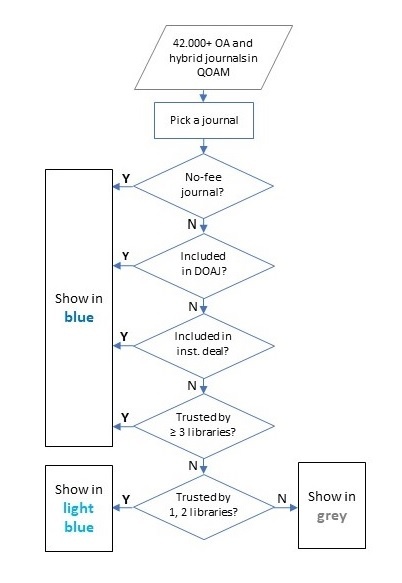
A recent item in Nature News reports “Hundreds of ‘predatory’ journals indexed on leading scholarly database” , sub-headed “[…] the analysis highlights how poor-quality science is infiltrating literature.” A year before, a group of leading scholars and publishers already warned in a comment in Nature, "So far, disparate attempts to address predatory publishing have been unable to control this ever-multiplying problem.
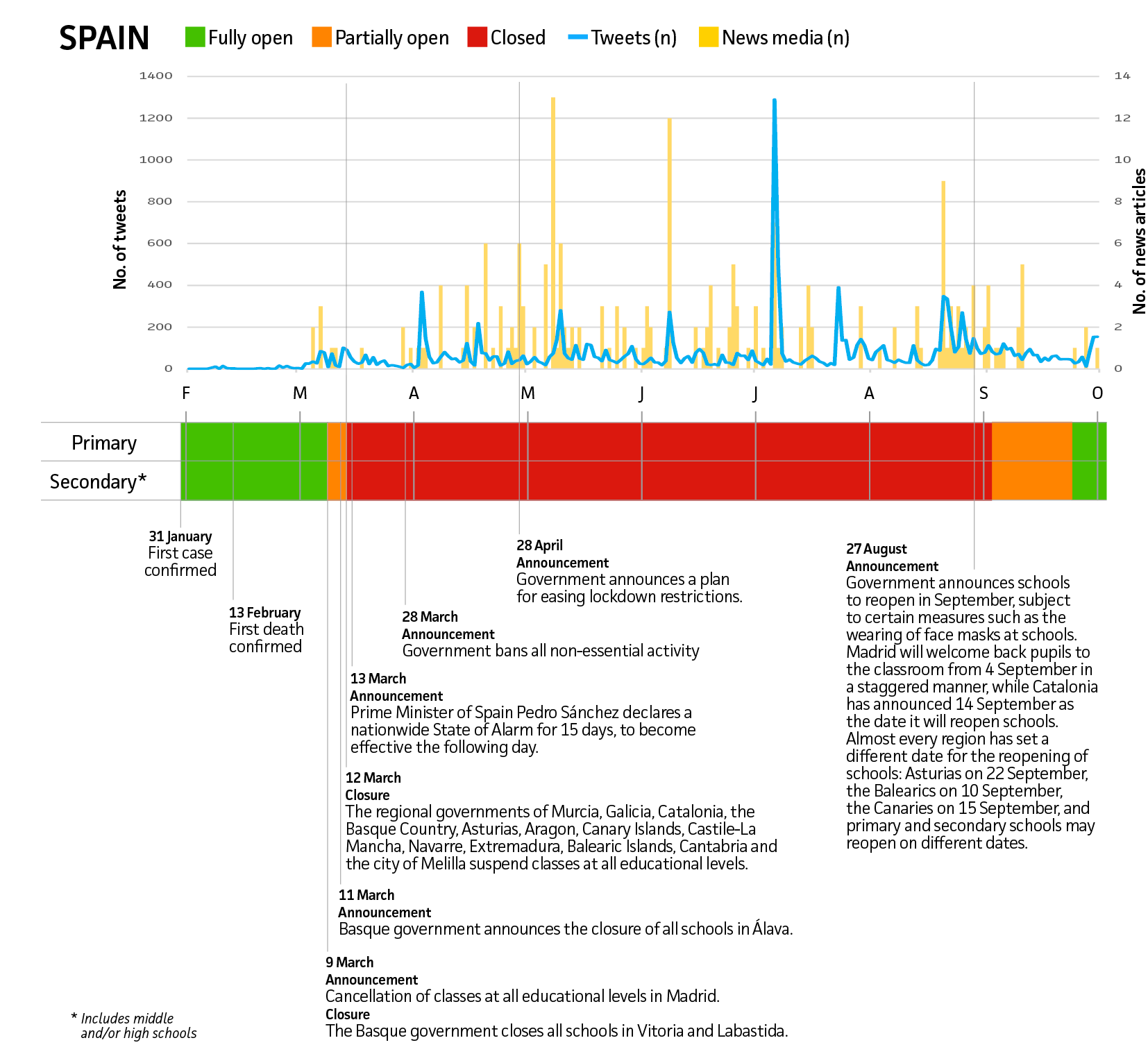
One of the many puzzles of the COVID-19 pandemic has been the extent to which children are vulnerable to and spreaders of the virus. Fewer infection rates have been reported in children compared with adults, as have milder symptoms. But the infection rate in children is biased, given the testing policies in many countries.
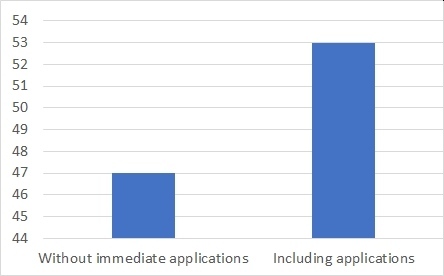
Excellent science Achieving scientific success depends on several factors: inspiration, creativity, hard work, access to the most advance instruments, et cetera.
A joint protocol… Ever since 2003, the Association of Universities in the Netherlands (VSNU), the Netherlands Organisation for Scientific Research (NWO) and the Royal Netherlands Academy of Arts and Sciences (KNAW) share the responsibility for the evaluation of all academic research units. They ensure that there is an evaluation protocol that is regularly updated.
Any conversation about research evaluation in the Netherlands has the risk of developing along this line. The Dutch way of evaluating academic research might not be unique, but it is certainly not common, nor fully understood. As a member of the working group for the monitoring and further development of the evaluation protocol – and as an employee of CWTS – let me provide insight and context.
Institute projects at CWTS are projects that are acquired through different funding sources, such as Horizon2020, tenders set out by the European Commission, but also national funding, such as NWO in the Netherlands. Usually, we work on the institute projects within a consortium of multiple organisations, such as universities, public institutions, or sometimes companies.
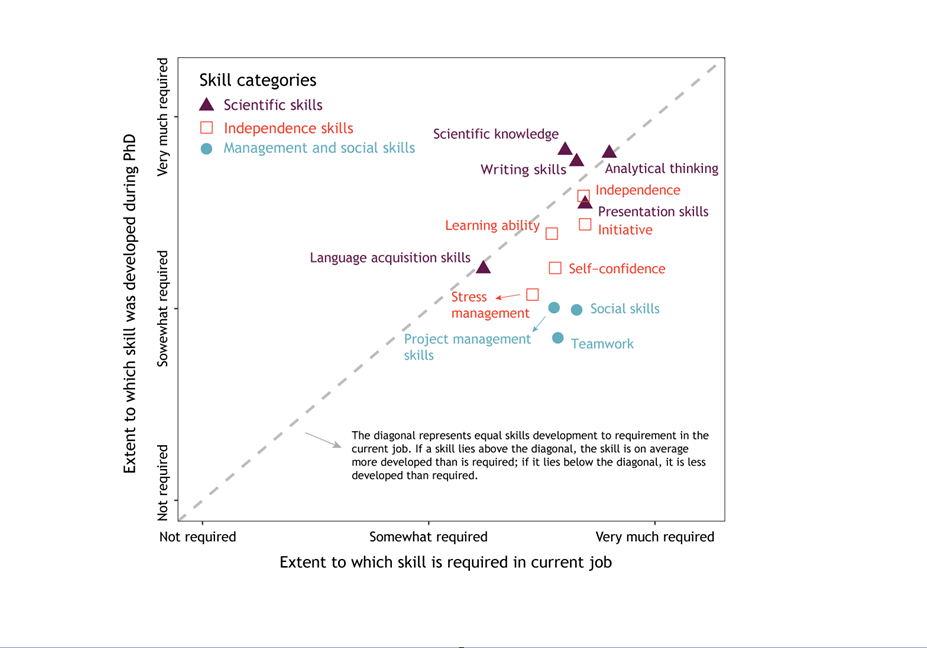
Increasing numbers of doctoral graduates work outside academia. However, a PhD degree has been often regarded as the gateway to an academic career, which is also considered as the ‘default’ career for PhD graduates. In the same vein, careers outside academia are seen as ‘alternative careers’. Still, in many countries, more PhD graduates work outside academia than within academia.
With the advent of online publishing in the 2000s, the cost structure of scientific publishing changed drastically. Now, printing and distribution costs have become very low. This has not only lowered the entry cost of new publishers, but it also lifted the natural restriction on the number of papers per issue which provided a strong rationale for gate-keeping by legacy journals.
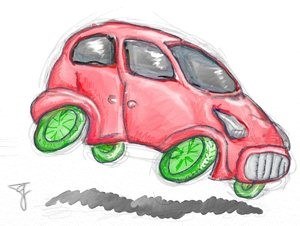
On the last Friday before Christmas of this ridiculous year 2020, I thought it would be a good idea to deliver the Christmas box personally to all CWTS staff living in the Utrecht area.